Indian Americans Worry About US-India Ties Under Trump, Survey Finds
Indian Americans Optimistic About India, but Concerned About US-India Relations Under Trump
A new survey reveals that while Indian Americans are increasingly hopeful about India's future, many harbor concerns over the state of US-India relations under a potential second Donald Trump administration. The 2024 Indian-American Survey, conducted by the Carnegie Endowment for International Peace and YouGov in October, examined political attitudes within the Indian-American community.
Political Landscape and Bilateral Relations
In 2024, pivotal elections took place in both India and the US, shaping an evolving yet sometimes strained partnership. Tensions surfaced following a US federal indictment of Indian billionaire Gautam Adani and allegations of an Indian-backed assassination plot on American soil.
With over five million Indian-origin residents in the US, the survey explored perspectives on key political questions: How do Indian Americans evaluate President Joe Biden's handling of US-India relations? Is Donald Trump seen as a better alternative? And how do they perceive India's trajectory post-election?
Trump vs. Biden on India
Survey results indicate that Indian Americans favor the Biden administration's handling of US-India relations over Trump's first term. A hypothetical Kamala Harris administration also ranked higher than a second Trump term in terms of expected benefits for bilateral ties.
Political affiliations play a crucial role: 66% of Indian-American Republicans believe Trump was better for US-India relations, while only 8% of Democrats agree. Meanwhile, 50% of Indian-American Democrats favor Biden, compared to 15% of Republicans. Given that most Indian Americans lean Democratic, Biden holds an overall advantage.
Despite Trump and Indian Prime Minister Narendra Modi exchanging praise during a White House meeting in February, Trump criticized India's high trade tariffs, calling them a "big problem."
The 'Murder-for-Hire' Controversy
The alleged Indian plot to assassinate a separatist on US soil has not gained widespread awareness—only half of survey respondents were familiar with it.
In October, the US charged a former Indian intelligence officer with attempted murder and money laundering, alleging he plotted to assassinate Gurpatwant Singh Pannun, a US-based advocate for an independent Sikh state, Khalistan. This marks the first direct implication of the Indian government in an assassination attempt on foreign soil. India has pledged cooperation with the US investigation, and in January, a panel in India recommended legal action against an unnamed former intelligence agent.
A narrow majority of survey respondents believe India would not be justified in such actions, holding similar views about the US if the roles were reversed.
Divisions on Israel and Palestine
Indian Americans are divided along party lines regarding the Israel-Palestine conflict. Democratic respondents show greater sympathy for Palestinians, while Republican respondents tend to support Israel.
Four in ten respondents believe Biden has been excessively pro-Israel in handling the crisis. The October 2023 Hamas attack on Israel resulted in 1,200 deaths and hostage-taking, while Israel's retaliatory offensive has killed over 48,000 Palestinians in Gaza, according to the Hamas-run health ministry. Negotiations to extend a fragile ceasefire are set to resume in Qatar.
A Brighter Outlook for India
Forty-seven percent of Indian Americans believe India is on the right track, reflecting a 10% increase from four years ago. The same percentage approve of Modi's leadership. Additionally, 40% feel that India’s 2024 election—where Modi’s party failed to secure a majority—made the country more democratic.
However, half of Indian Americans remain unaware of the alleged assassination attempt in the US. This raises questions about selective engagement with political issues, information accessibility, or a tendency to prioritize nationalist perspectives.
According to Milan Vaishnav, co-author of the study, this lack of awareness likely stems from selective engagement rather than a lack of information. He notes that around 60% of Indian Americans follow Indian government and public affairs regularly, while a significant portion engage only sporadically.
The Trump Paradox: Support for Modi, Skepticism Toward Trump
Despite concerns over Trump’s impact on US-India ties, many Indian Americans embraced him during his first term, as seen in the ‘Howdy, Modi!’ event. Has their perspective shifted due to his policies, or are changing political dynamics at play?
Vaishnav warns against overgeneralizing. While ‘Howdy, Modi!’ drew over 50,000 Indian Americans, their primary motivation was to see Modi, not necessarily Trump. Additionally, Indian Americans are politically diverse: while they overwhelmingly lean Democratic, around 30% now support Republicans under Trump.
Changing Party Allegiances
Although Indian Americans remain largely committed to the Democratic Party, their attachment has weakened. In 2024, 47% identified as Democrats, down from 56% in 2020.
This raises another question: Do Indian Americans have a nuanced understanding of political developments in both countries, or are their views shaped by diaspora-driven narratives and media echo chambers?
Vaishnav points out that online news remains the primary source of information about India, followed by television, social media, and word of mouth. YouTube, Facebook, and WhatsApp dominate among social media platforms. Foreign-born Indian Americans tend to be more engaged with Indian affairs than US-born generations, yet cultural connectivity remains strong across the diaspora.
Conclusion: A Complex Political Identity
The survey paints a complex picture of Indian Americans—a community navigating selective engagement, shifting political loyalties, and deeply personal political identities. While they express concerns about Trump’s impact on US-India relations, they remain largely supportive of Modi’s leadership in India, illustrating a divergence shaped by political affiliations, social environments, and national identity.

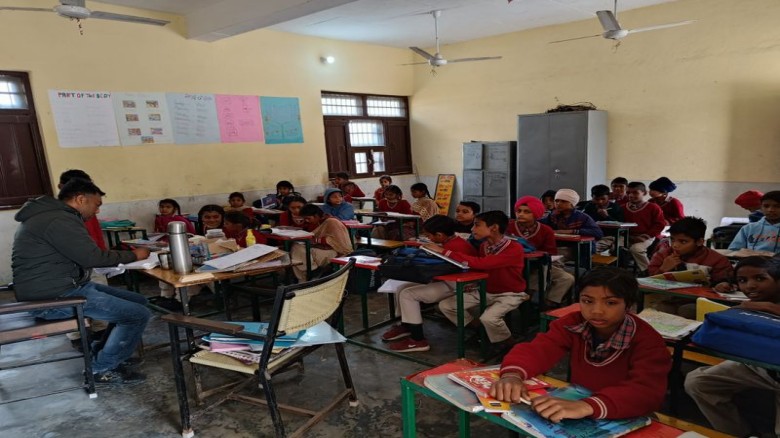
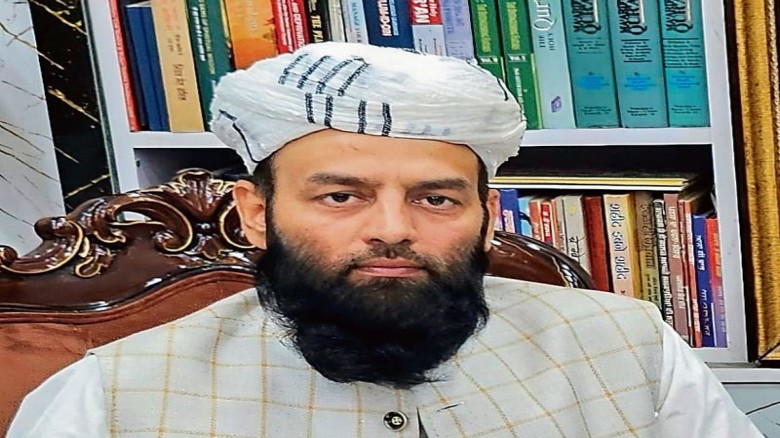
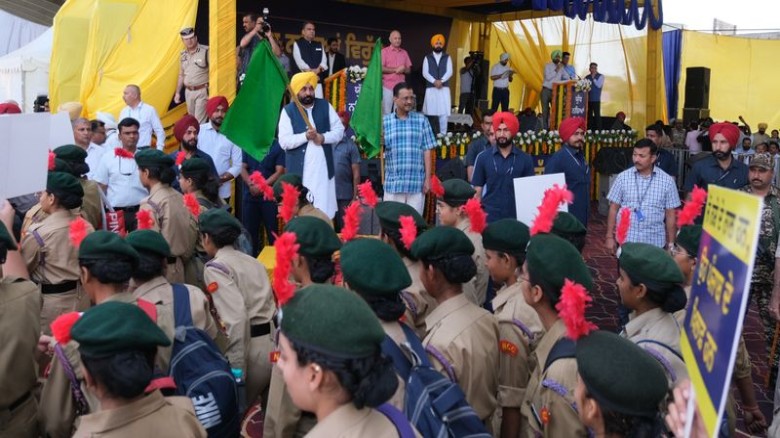
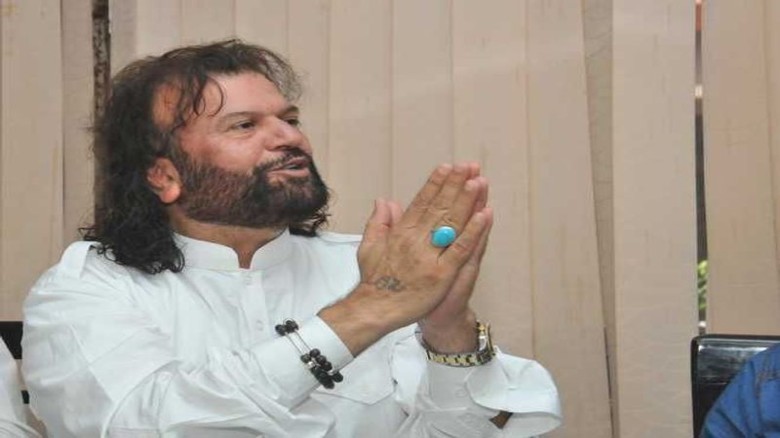

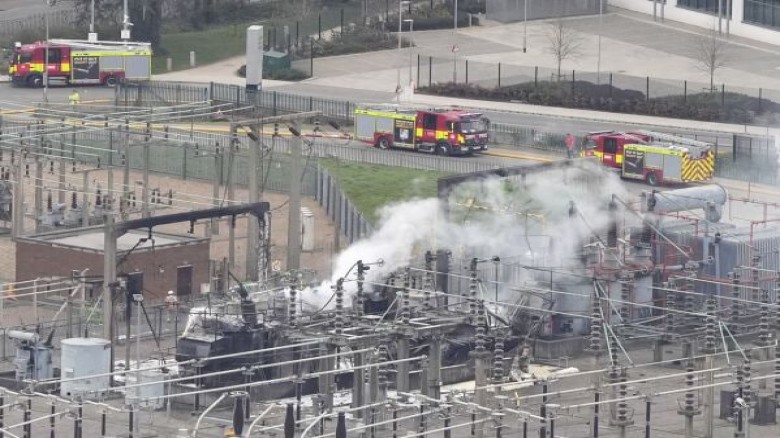


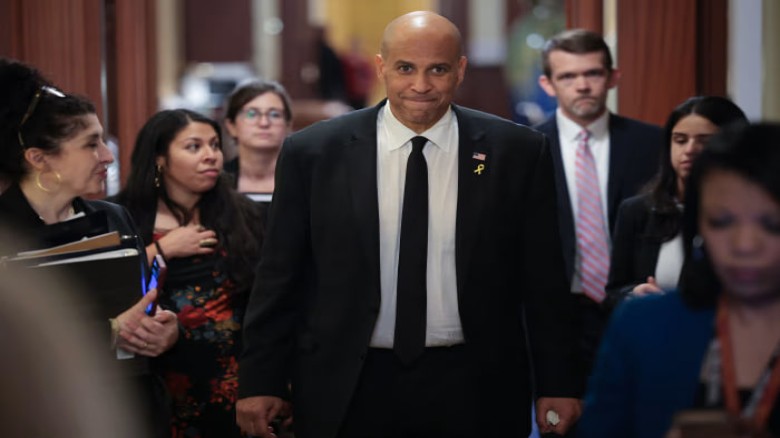
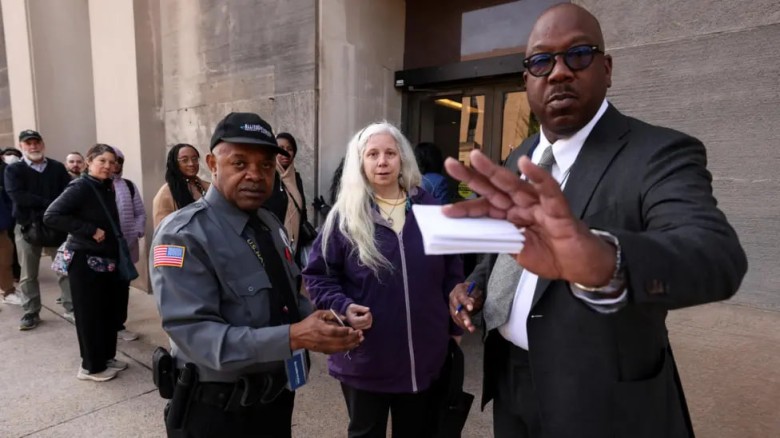

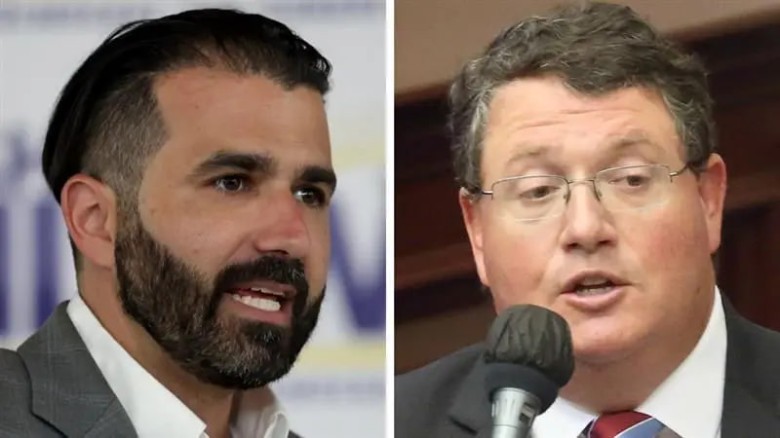

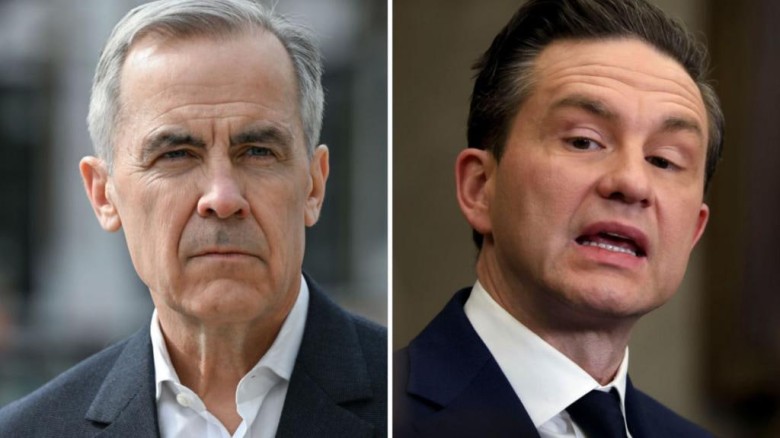
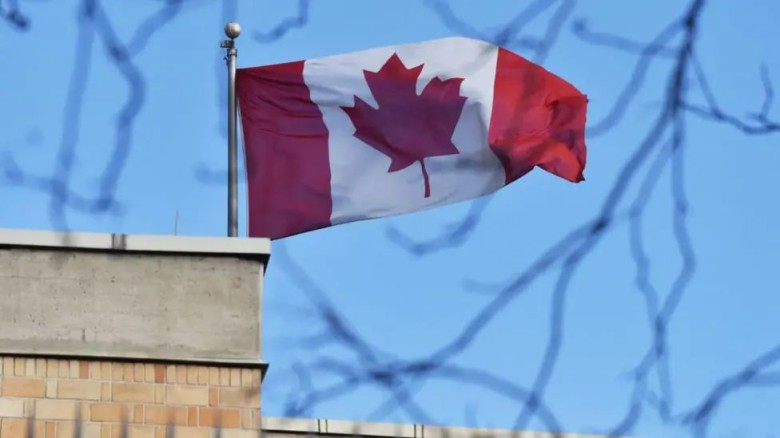
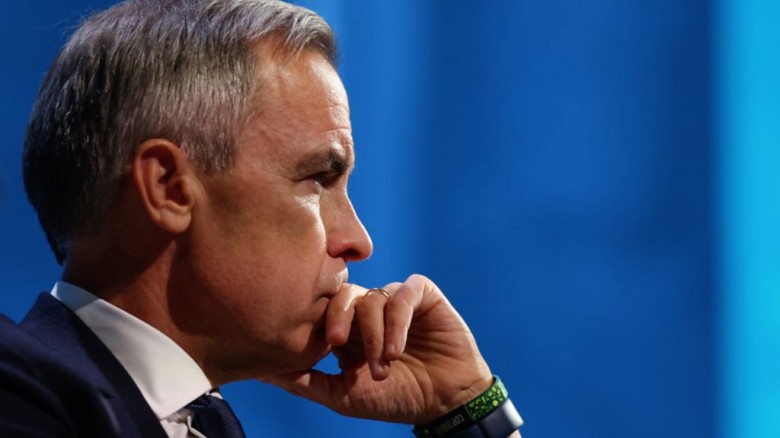
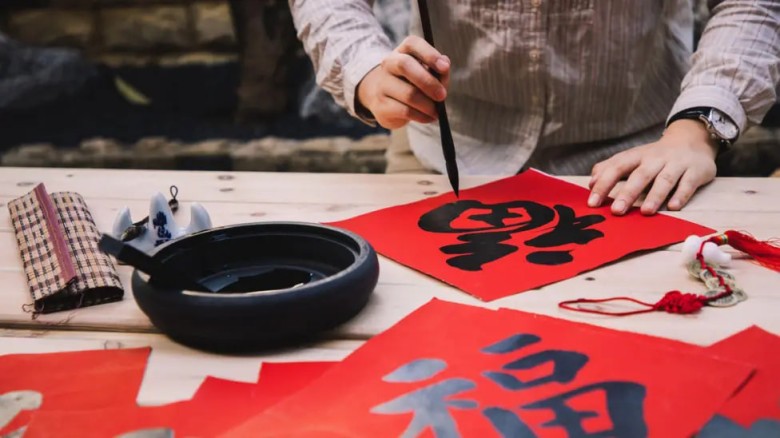
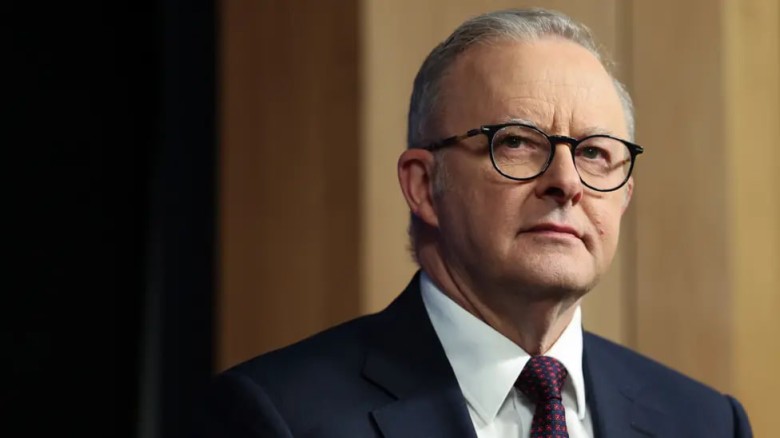



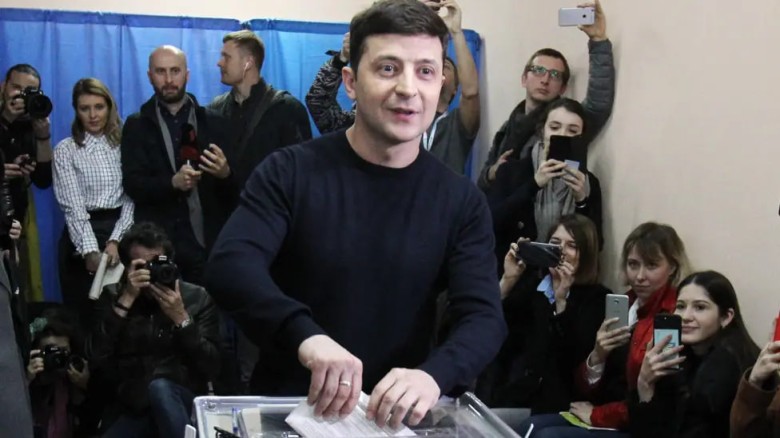
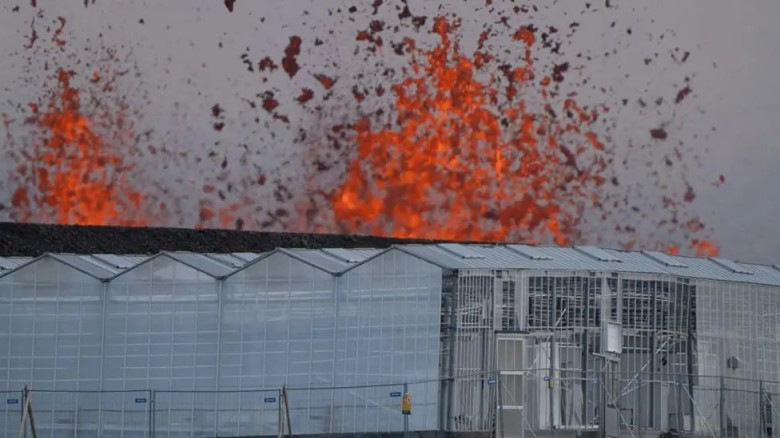
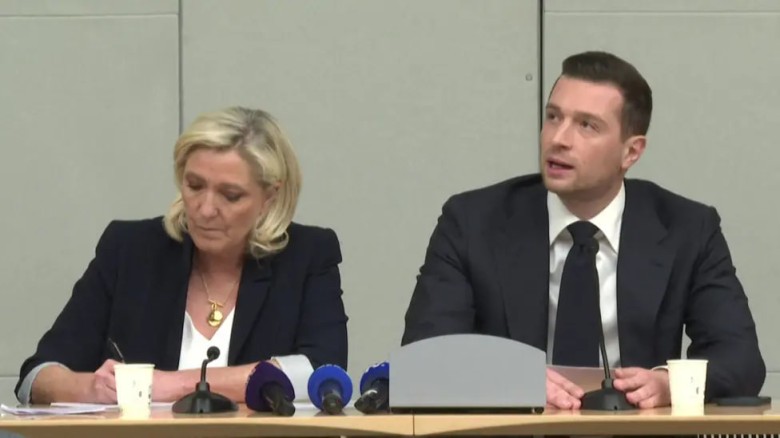
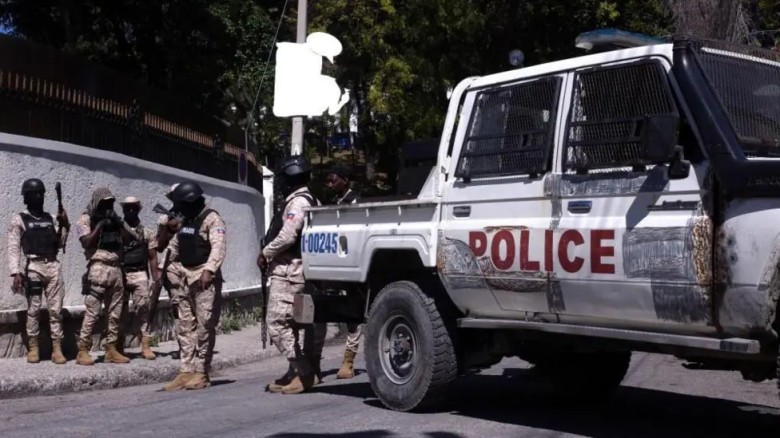
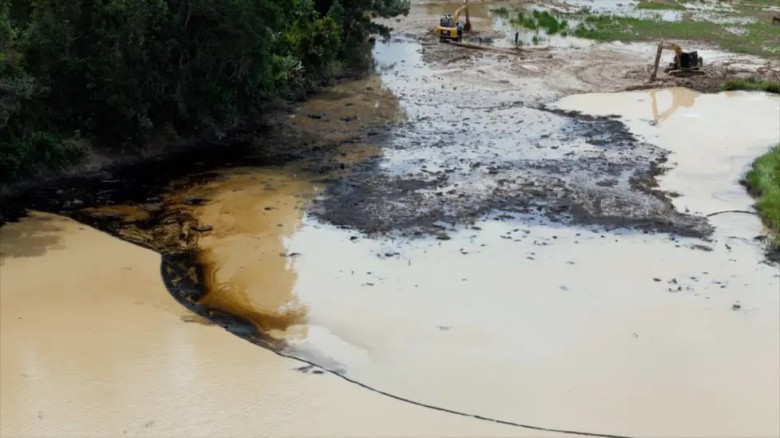

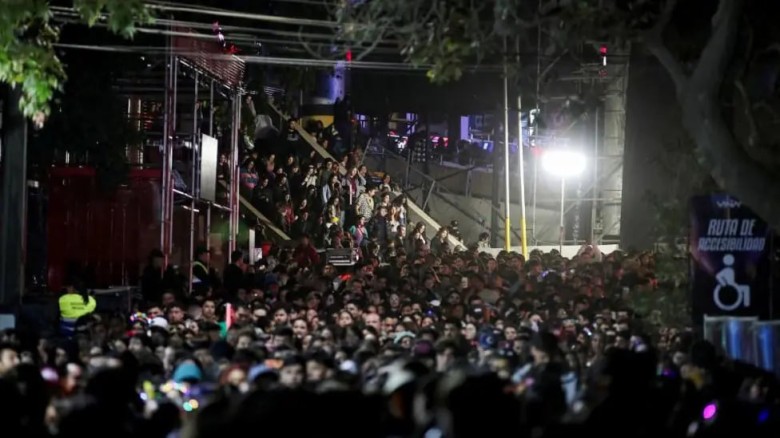





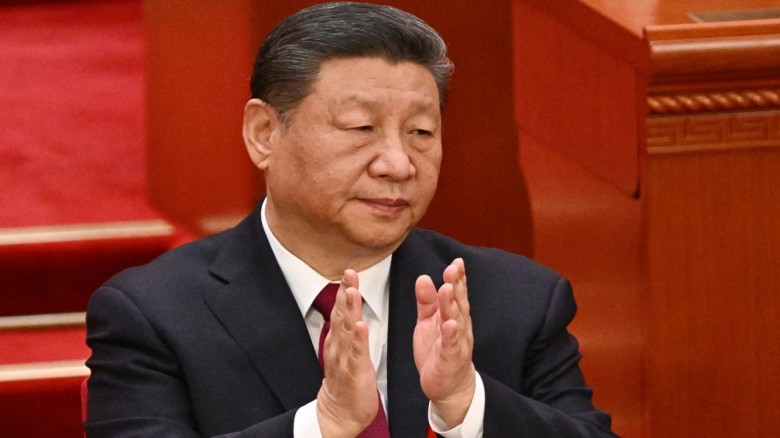
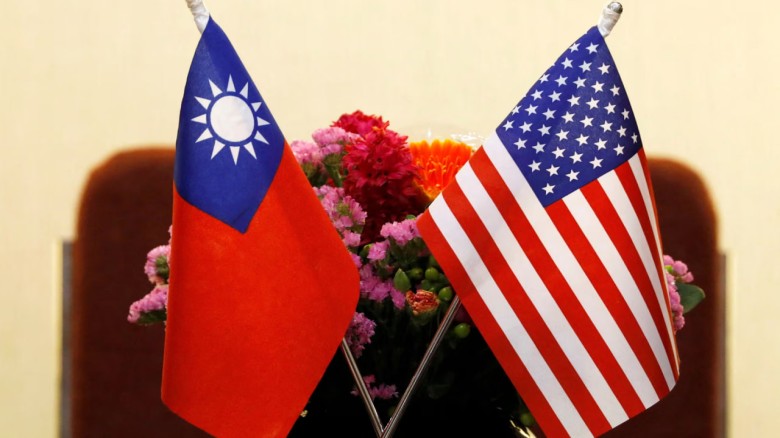


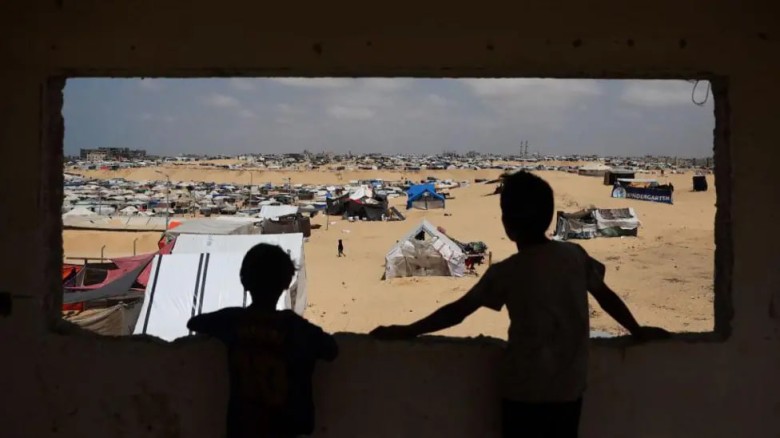



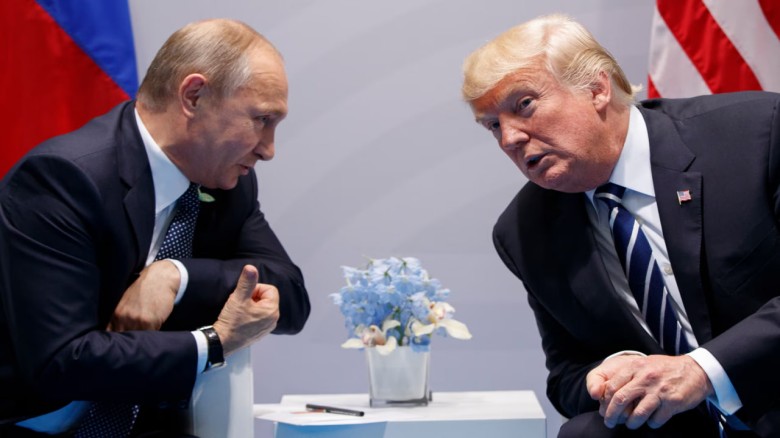
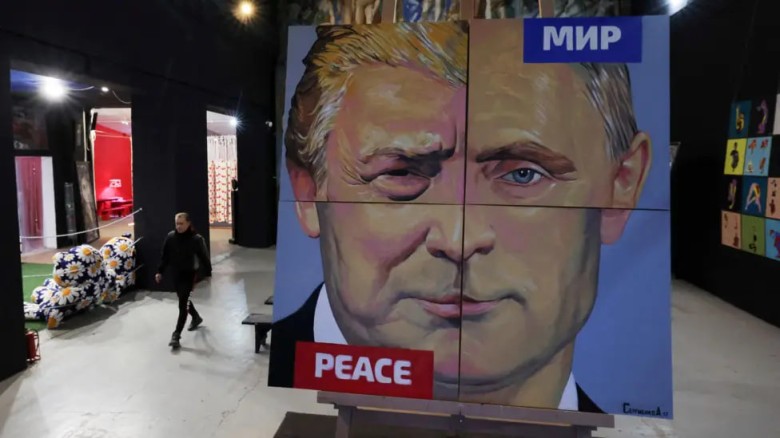
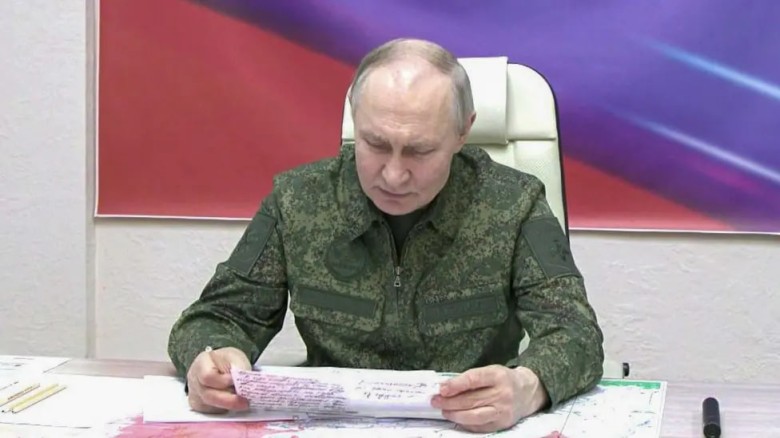





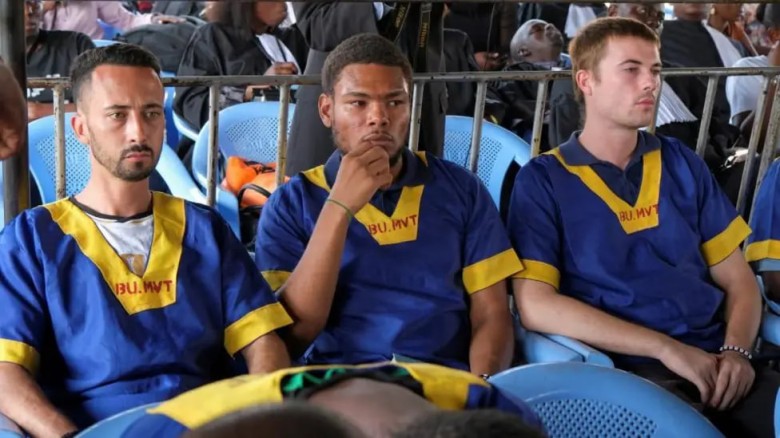








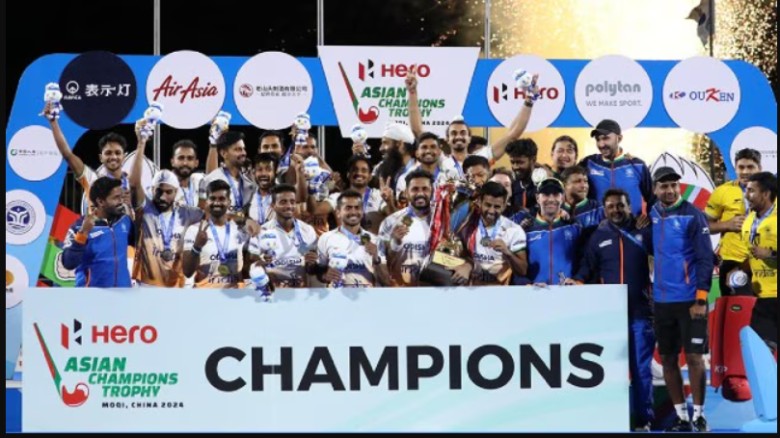



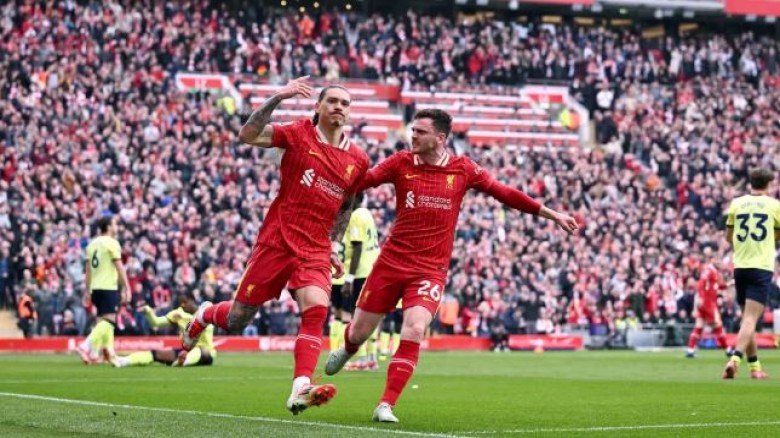

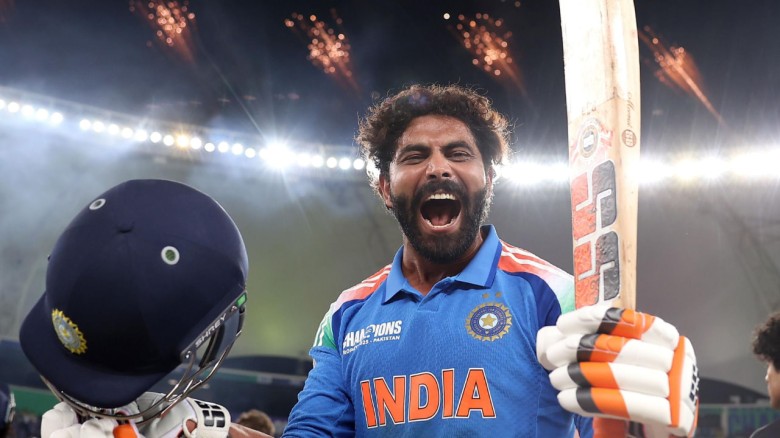
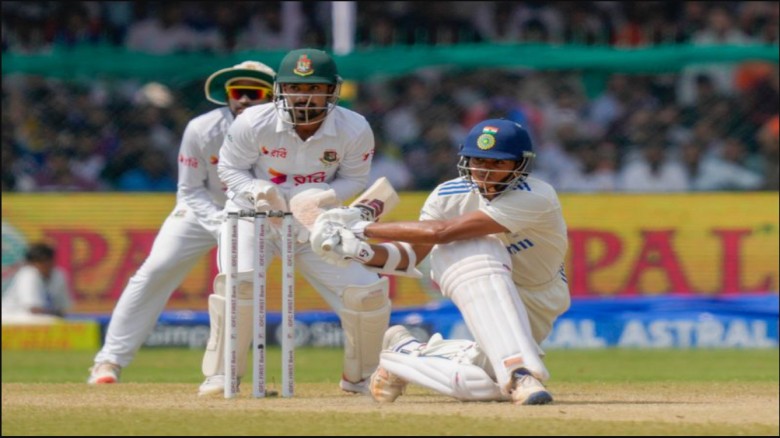
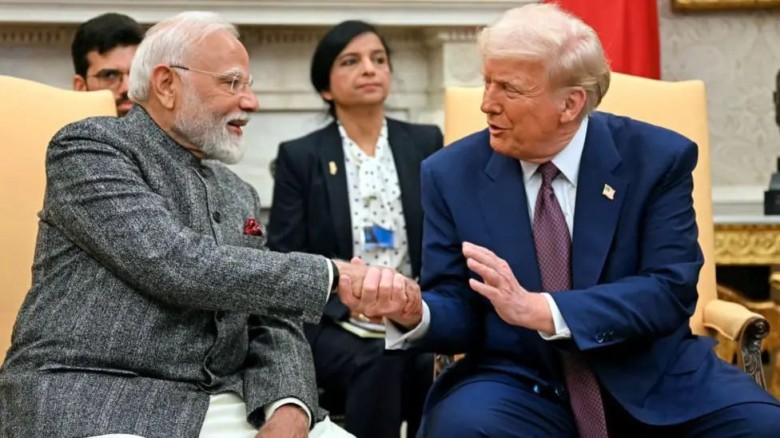


Leave A Comment